|
“Hi Coach, how’s it going today?” “Hi ya Danny, I’m fine thanks, how could you not be on such a perfect day?” “Coach, it’s pouring rain out there!” “It’s only rain Danny, not the end of the world.” “That’s what I love about you Coach, you seem to always see the bright side of everything…” "Ha ha, thanks Danny, yes, I work hard to see the good in nearly everything—and it takes daily work to do this, because it’s a constant challenge to manage the good thoughts, feelings and emotions because they are woven within a negative energy field.” “What do you mean Coach?” “Well, you see Danny I believe that positive and negative energy are not polar opposites, but complementary to one another in nature, and part of the same dimension. There’s negative energy present in positive things, and there’s positive energy present in negative things. They are not separate from us, but part of us and part of the same system. For example, a shadow needs light to become a shadow. A shadow cannot exist without its partner light—they complement each other." “Wow that’s interesting Coach, I never thought about it like that before…” “Ultimately Danny, you need to have—or at least be practicing and developing an awareness that you are not a victim or slave to this negative energy field. You respect it, and even use it sometimes, but, you see yourself more as the bright light that casts the shadow, and not the other way around.” 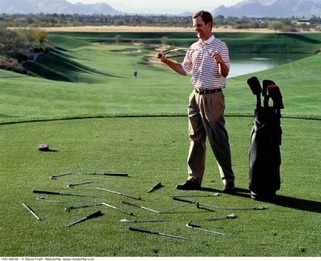 “I’m not sure what you mean Coach?” “Danny, do you ever get really upset with yourself on the golf course?” “Sure Coach, you know I do at times. In-fact, sometimes it feels out of control to me. And it can be over the smallest things.” “Are you the shadow or the light when you get upset Danny? In other words, do you see yourself as the shadow of your potential, or do you see yourself as the light of your potential?” “I’m not sure exactly what you mean Coach, but I guess in thinking about it I’d probably say that I’m the shadow of my potential. I’m focused on my mistakes when I hit bad shots—or when I play badly, and that makes me feel angry, frustrated and disappointed.” Is that the shadow of my potential Coach?” “Yes, it is Danny, as you are not in a state where you can access more of your potential to succeed, but instead, you will access more of your potential to not succeed. And when you get like that Danny, I’m sure if you are completely honest with yourself, you find it difficult to see the light of your potential?” “I can’t see the light at all Coach, come to think about it.” “Danny why do you get angry when you make mistakes?” “I’m not sure Coach, but I guess it’s because I’m not getting what I want or expect.” “Yes Danny, it’s true that you probably get angry because you see yourself as failing to get what you want, as if you should get what you want because it is your right. It’s kind of like a child at a supermarket not getting a sweet from their mommy or daddy when they ask for it, and they react by going into a tantrum. Danny is it possible that you are seeing your golf performances as being either good or bad, instead of seeing them as being complementary, or part of the same system? Could there be good in all your bad shots, and bad in all your good shots, rather than seeing them as being diametrically opposed to one another?” “How do you mean Coach?” “Well, let’s say that you are trying to perform a golf shot perfectly, as if it was possible to do this? Danny, what would make you believe that you can have the result you want if you haven’t hit the shot yet?” “I guess it’s because I’ve hit perfect shots before, so I believe I can do it again?” “OK Danny, that’s fair enough, but how do you know that they are ‘perfect’ shots?” “That’s easy Coach, they come off exactly as I want them to.” “So Danny are you saying to me that they all go into the hole, or, that they land on the exact piece of fairway or green you aim at?” “Well, no, of course not Coach, but they go close to the target I’m aiming at, I guess.” “So they weren’t perfect shots then?” “No, I guess they weren’t perfect coach, just much better shots than most of the others I hit.” “So Danny, how often do these ‘much better’ shots occur during a round of golf, on average?” “I don’t know; I guess maybe 20 to 30 percent of the time Coach” “So Danny are you saying that 70 to 80 percent of the time they are not perfect then?” “Well… sure Coach, I guess that’s right, that’s what I’m saying.” “So could we say Danny that in those nearly perfect shots, or much better shots, that since the result is not exactly as you planned, that there’s some bad in the shot as well? “Sure Coach, that’s reasonable.” “Can we agree then Danny that sometimes there’s more bad in your golf shot than there is good? And conversely, sometimes, there’s more good in your golf shot than there is bad?” “I have never seen it that way before Coach, but again, it seems right.” “Can you see that they are one and the same, there’s always bad in good, and vice versa? It’s just how you look at it?” “I never thought about it like that before Coach, but I’m beginning to see it now.” “Danny, every shot you hit can be a good shot if you can accept this as your reality. Sometimes your good shots will have a little bit of bad in them, and sometimes your bad shots will have a little bit of good in them—sometimes there will be a lot of one or the other” “So are you saying that I just have to see every shot I hit as a good shot?” “Yes, just like I see each and every day as a good day—rain, hail or shine. This is easier to do when you don’t try to hit perfect shots Danny, because if you try to do this, and you don’t get what you want, you might easily see the situation as a failure on your part—like saying, ‘I failed to hit my shot perfectly, or, I was not up to the challenge, or, I’m not good enough, and so on.’ Seeing a little bad in something is not the same as someone thinking that ‘I have failed.’ When you see a little bad in a shot, it’s not nearly the same as owning the problem; ‘I have failed’ or, ‘I’m a failure.’ ‘I’ is a personal pronoun Danny, and can only be used by you. So you need to be very careful how you use the ‘I’ when you are performing. You have probably heard other golfers you’ve played with exclaim things to them self like, ‘I can’t putt,’ or, ‘I can’t hit,’ Danny.” “Coach, I have done that myself plenty of times during rounds. Boy, I’m starting to see it now coach. I have definitely been owning those failed ‘perfect shots,’ whereas I think what you are saying to me is that seeing a little bad in every shot I hit just balances my thinking to help me manage my emotions. Is that right Coach?” “That’s right on the money Danny. 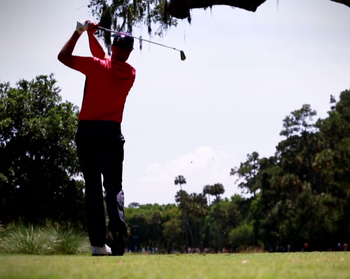 Watch your shot with fascination and wonder Watch your shot with fascination and wonder “So I have a challenge for you Danny the next time you go out onto the golf course to play golf. Are you up to the challenge Danny?” “You bet I am Coach!” “I’d like you to play all your shots from now on without using ‘I,’ ‘me,’ ‘my’ or ‘mine’ when describing your shots to yourself, or to others. I don’t want you to own the shot—just play the shot. I want you to observe the behavior of the ball with a sense of fascination and wonder Danny. Hit your shots with full commitment, then watch the ball carefully as it travels away from you, towards your target, and then comes to rest. Now this is important Danny; put your club back into your bag without attaching negative emotion to it—just attach satisfaction and joy to it only if you hit the shot with a lot more good in it than bad. Then move on to the next shot, and do it again. Do this until there are no more shots left to play. Do you understand Danny?” “I do Coach, I really do!” 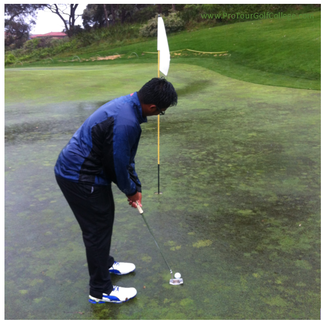 Enjoy the walk, and enjoy the game. Enjoy the walk, and enjoy the game. “Now Danny, in-between the shots, enjoy the walk by breathing the fresh air deep into your lungs, and feel the grass beneath your golf shoes. If it’s raining—enjoy the rain. If it is sunny—enjoy the sun. If it is windy—enjoy it. Enjoy the walk Danny! Now when you walk up to your ball, start imagining the shot you wish to hit knowing that you have the ability to hit the shot the way you want, but in the event that you don’t get it, you will completely accept it and move on.” “Coach, it seems so simple when you think about it like that.” “Yes, it’s simple to understand Danny, but remember what I said earlier, you have to practice behaving this way every day for it to become a habit for life.” “I will Coach, I can definitely do this, and I can clearly see that it will really help me. Thank you Coach for the great advice, I can’t wait to start applying it.” “It’s my pleasure Danny, and there’s no time like the present to start doing it is there?” “No there isn’t Coach, so I’m going out to play right now.” “So what about the rain?” “What rain Coach, like you said, there’s always some good in the bad, and some bad in the good, so I will accept it and play.” “Couldn’t have said it better myself Danny.” Lawrie Montague and David Milne - Pro Tour Golf College The Pro Tour Prep College for Serious Amateur and Professional Golfers
Breanna
1/9/2016 06:20:00 pm
Great article and thought process Lawrie.
Lawrence Montague
1/9/2016 07:25:06 pm
Thanks Brea, glad you enjoyed it.
Jon
1/9/2016 11:28:27 pm
I love this story.
Lawrence Montague
2/9/2016 06:45:36 am
Thanks Jon, I'm very happy you enjoyed reading it.
Adam
2/9/2016 05:08:05 am
Thanks mate!
Lawrence Montague
2/9/2016 06:46:29 am
Thanks Adam, appreciate your feedback.
Lawrence Montague
2/9/2016 09:08:31 pm
Thank you Dennis, I'm very happy you enjoyed it. Thanks for your feedback. 3/9/2016 01:32:18 am
Like the story of turning night into day. But are you training for efficiency(perfect performance with the least amount of time and energy)?What is missing in the best top amateur and professional players is visual or seeing efficiency,once their swing is groved to their authentic efficient swing . There are 7 basic vision skills and a 6 step ocular set up to play efficiently and your best. Log onto www.allamericansportsvision.com ,click worldwide articles and scroll sports vision which we pioneered here in Az. Comments are closed.
|
Archives
June 2019
|
Proudly Supported By
Copyright © 2011 - 2018 Pro Tour Golf College
Website Managed By Golf Performance Media
All Rights Reserved
Website Managed By Golf Performance Media
All Rights Reserved

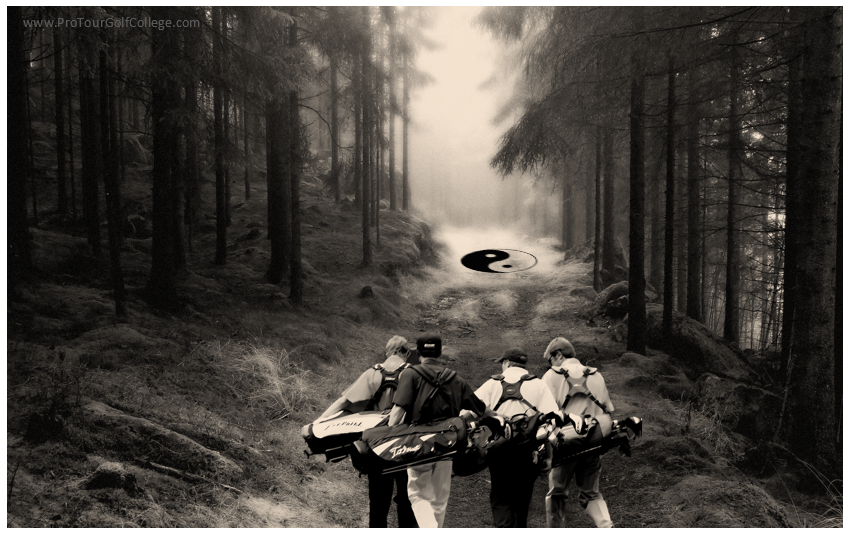
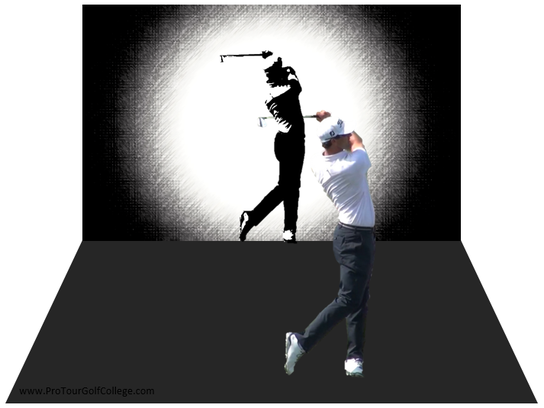
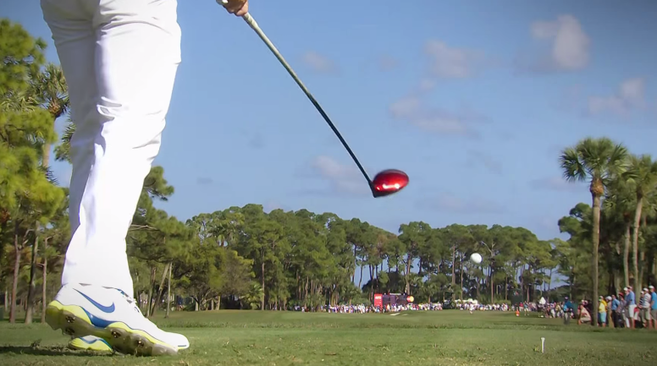
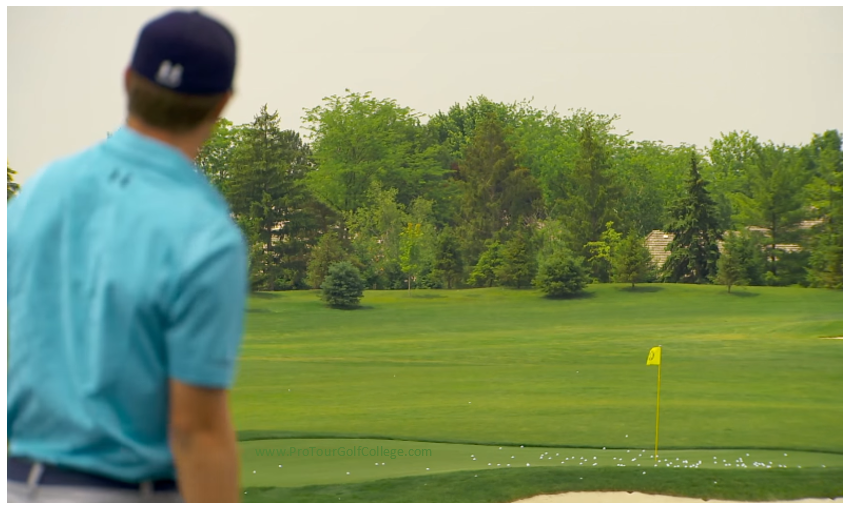
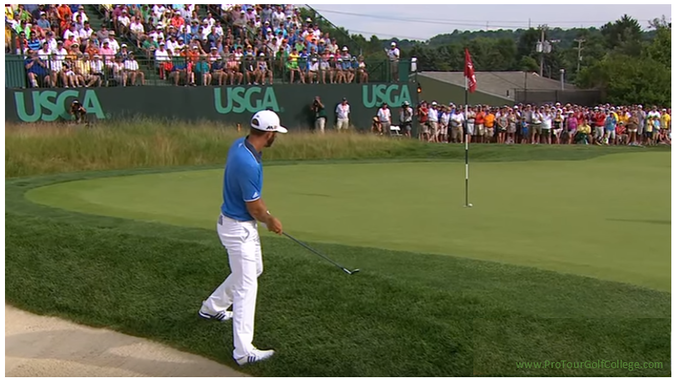
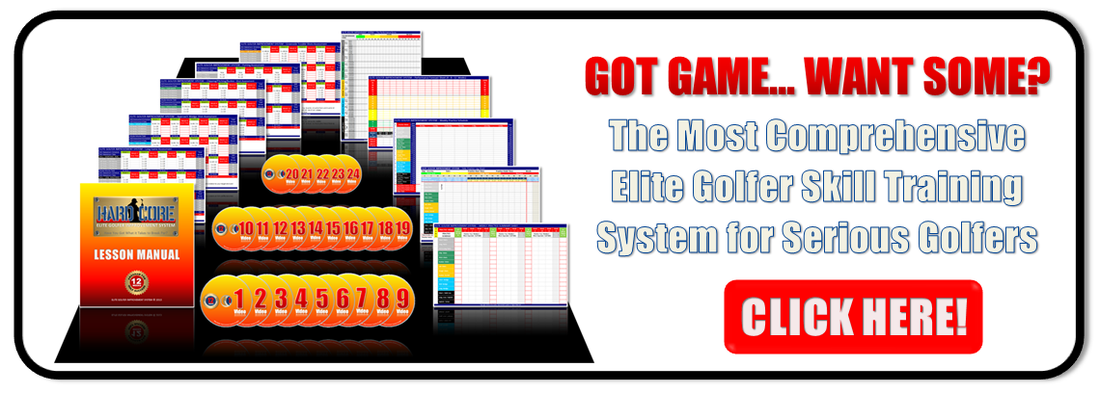

 RSS Feed
RSS Feed



